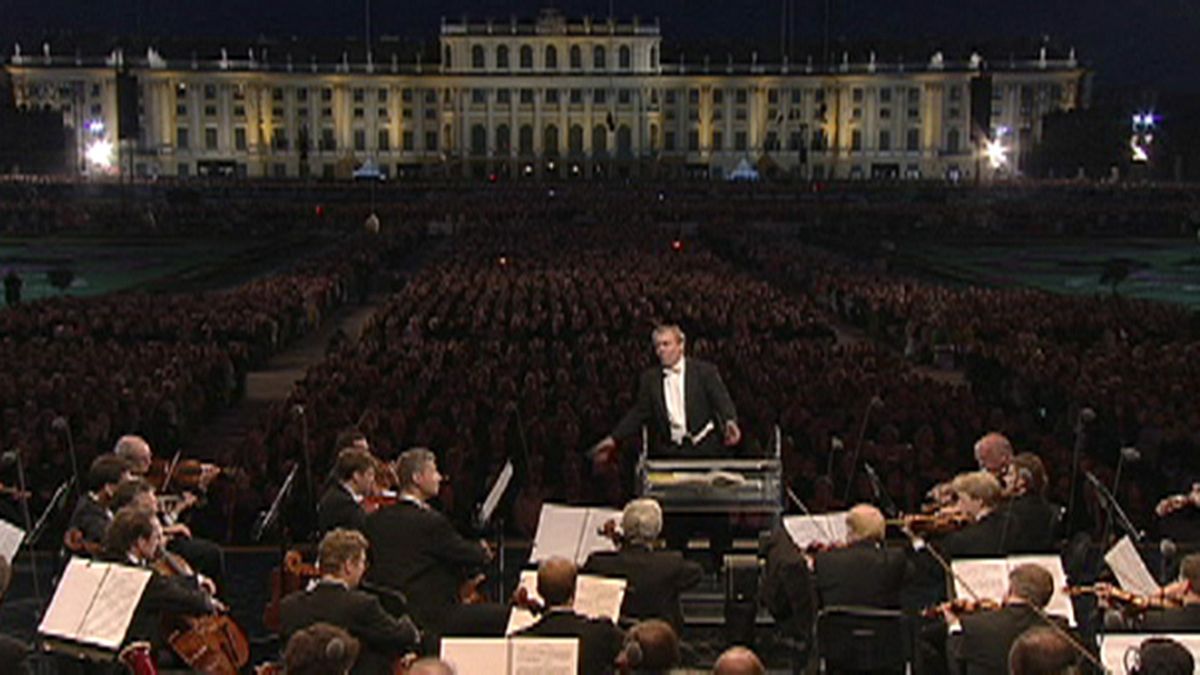Two European cities have been voted among the “most liveable” in the world. The survey, carried out by The Economist, rates locations based on factors such as stability, healthcare and infrastructure, among others.
Austrian capital Vienna has replaced Vancouver in second place globally on the list, while Finland’s Helsinki comes in eighth.
For the fourth year running, Melbourne maintains its position as the “most liveable” location of the 140 surveyed. Three other Australian cities – Adelaide (5), Sydney (7) and Perth (9) – made it into the top ten, while Canadian cities Toronto (4) and Calgary (joint 5) and New Zealand’s most populous city Auckland (10) take the remaining coveted positions.
Cities are rated based on 30 factors within five categories: stability (25% of total); healthcare (20%); culture and environment (25%); education (10%); and infrastructure (20%).
Lack of stability has, therefore, negatively influenced the scores, notably for some cities in eastern Europe. Recent events in Ukraine, the report states, have had “significant knock-on effects for cities such as Kiev, Moscow and St Petersburg.”
Linked with that, conflict plays a major role in determining the cities ranked at the bottom of the list.
“For example, conflict will not just cause disruption in its own right, it will also damage infrastructure, overburden hospitals, and undermine the availability of goods, services and recreational activities.”
The Middle East, Asia and Africa account for all 13 of the cities in the bottom tier, with violence being a major contributing factor.
Despite the likes of Melbourne and Vienna receiving scores of 97.5 and 97.4 out of 100 respectively, the survey found global liveability had declined by 0.68 percentage points, highlighting:
“The fact that the last five years have been characterised by heightened unrest in the wake of the global economic crisis, which has undermined many of the developmental gains that cities may have experienced through public policy and investment.”
Making it into the top ten:
The cities with the highest scores show a correlation in size, wealth and population density.
“Those that score best tend to be mid-sized cities in wealthier countries with a relatively low population density,” the report finds. “Eight of the top ten scoring cities are in Australia and Canada, with population densities of 2.88 and 3.40 people per sq km respectively … Finland and New Zealand both have densities of 16 people per sq km.”
Indeed, the so-called “big city buzz” global business centres enjoy can make them victims of their own prosperity. According to the survey’s findings, cities such as London, Paris, New York and Tokyo don’t make the top ten due to overstretched infrastructure and higher crime rates.
“(They) are all prestigious hubs with a wealth of recreational activity, but all suffer from higher levels of crime, congestion and public transport problems than would be deemed comfortable.”
In spite of this global centres do still sit in the highest tier of liveability.
